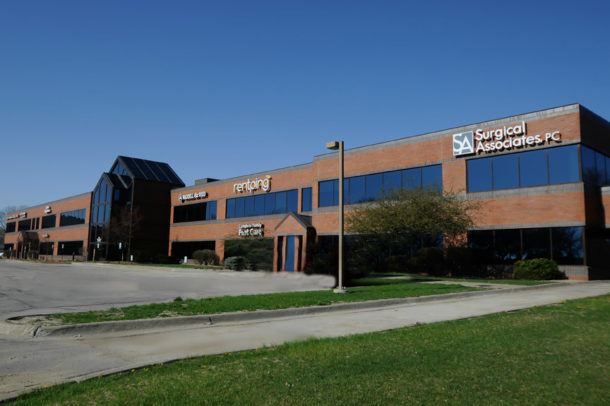Colorectal Division
Other Anorectal ProblemsAnal Warts
Anal warts are a condition that affects the area around and inside the anus. It is thought to be caused by the human papilloma virus (HPV) which is transmitted from person to person by direct contact. Some strains of HPV are associated with anal cancer, therefore, all anal warts should be evaluated and treated. Warts located on the skin outside the anus can be treated with topical medication, liquid nitrogen, or cauterization under local anesthetic in the office. However, larger warts or warts found inside the anal canal usually require outpatient surgery under sedation or general anesthesia for complete removal.
Pilonidal Disease
Hairs embedded in the skin can sometimes cause a chronic infection of the skin near the buttock crease called pilonidal disease. An abscess forms and is followed by the development of a pilonidal sinus, a cavity below the skin surface that connects to the surface with one or more small openings or tracts. Recurrent infection and inflammation of these tracks often requires surgery to drain the infection and reduce pain.
Pruritus Ani
Pruritus ani is itching around the anal area, often caused by excessive moisture in the anal area or as a symptom of other anal conditions such as hemorrhoids or anal fissures. We can identify the condition and recommend treatment, which typically includes dietary and lifestyle adjustment to avoid moisture and avoid further damage/irritation to already delicate skin.
Rectocele
Rectocele is a bulge of the front wall of the rectum into the vagina, typically caused by weakening pelvic support structures and thinning of the vaginal wall. A rectocele may be identified during routine examinations of the vagina and rectum; however, it can be more accurately assessed using a specialized x-ray test. Treatment varies depending on severity; most rectoceles are asymptomatic and do not need to be treated. Even in symptomatic cases, surgery may be averted by eating a high fiber diet and drinking plenty of fluids. We often refer patients back to their gynecologist to discuss treatment options.

